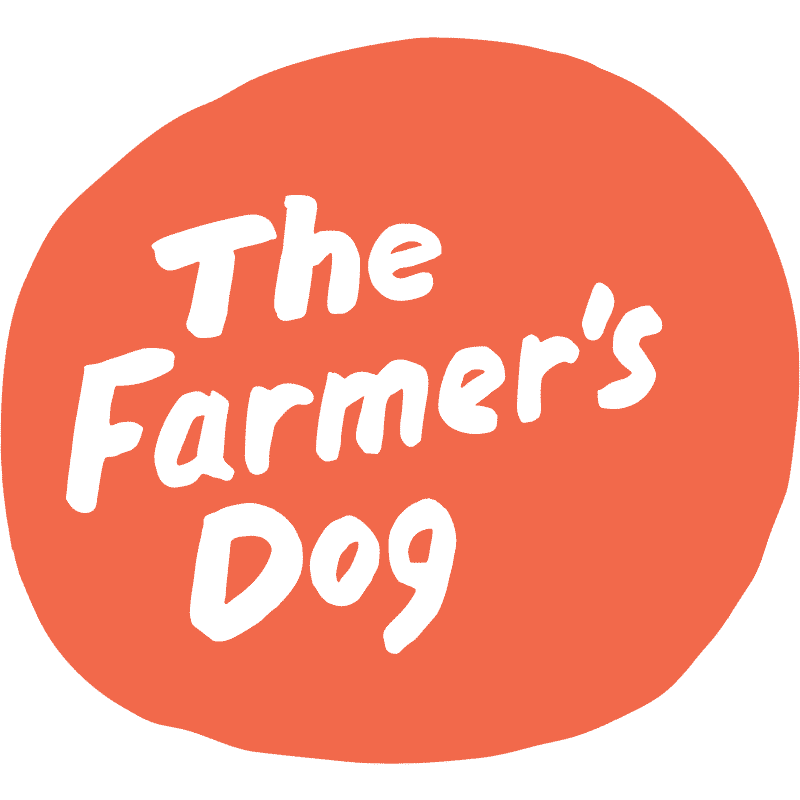When your dog is recovering from an injury, surgery, stress, or other trauma, the right rehabilitation diet is one of the most important ways you can support their health.
My dog won’t eat after surgery: what should I do?
Dogs that are being rehabilitated from injury, illness, or trauma often have difficulties eating. Decreased appetite and weight loss are common side effects of both surgery and medication, and they can work against your dog’s recovery. Rehabilitation diets for dogs are designed to appeal to a canine palate and help them regain their appetite.
If you need to feed your dog with a tube or syringe, this can present other difficulties. It is not a natural way for dogs to eat and they can struggle to chew and swallow the food. It is important that a rehabilitation diet for dogs provides a thick enough texture for them to eat, while not presenting a choking hazard.
- Fresh, human-grade dog food
- Automatic shipping, so you never have too much or too little; cancel any time
- Get 50% off your first delivery
Veterinary tips for how to feed a dog after surgery
It is normal for dogs to be less interested in food after an injury, especially if they had to receive a sedative or anesthetic. They may go as long as a day without wanting to eat, but after that, you need to make sure they are getting the nutrition they need.
There are a few things you can do to make their food more appealing.
- Dogs love meat, so adding some cooked lean meat like chicken or turkey to their usual meal can help get their attention as well as boost their recovery.
- Heating up your dog’s dinner will increase the attractive smell coming from the food, tempting your dog to try to eat.
- Adding some warm water to dry food will also soften it, making it easier to eat for dogs that have difficulty chewing.
>> Read more: Nom Nom Dog Food Review
What do I feed my dog after surgery?
After your dog has had surgery it will take some time to recover from anesthesia, and probably will not want to eat for at least a few hours. When it does, make sure the food you give it follows the dietary advice given by your canine rehabilitation specialist.
While most dogs usually love the opportunity to chew on a bone or a tough hunk of meat, that may be difficult after surgery. Make eating easier by cutting or shredding everything into small pieces that can be swallowed without the risk of choking.
Baby food can provide many of the nutrients your dog needs, especially when blended with some extra meat or vegetables, and they are the perfect texture to be eaten post-surgery. Just check the label to make sure all the ingredients are okay for your dog.
>> Read more: What Vegetables Can Dogs Eat? Safe & Healthy Ingredient List
- Fresh, human-grade dog food
- Automatic shipping, so you never have too much or too little; cancel any time
- Get 50% off your first delivery
Understanding rehabilitation diets for dogs
Rehabilitation diets rich in wholesome, unprocessed ingredients help injuries heal and improve your dog’s recovery from a range of health issues. These commonly include stress after an injury, surgery, or illness, unwillingness or inability to eat, pregnancy, rapid growth, or malnutrition resulting from any of these concerns.
>> Read more: Best Dog Food for IBS & IBD
The role of nutrition in canine performance and rehabilitation
A canine rehabilitation diet is intended to provide not just your dog’s usual nutritional requirements, but also provide a boost in the types of nutrition that will strengthen your dog’s immune system and aid in their rapid recovery.
When you visit a canine rehabilitation specialist, they will recommend a diet that provides the right combination of nutrients to help your dog recover. Knowing how these ingredients assist the healing process will help you understand how to find the right foods for your dog:
>> Read more: Best Soft Dog Food for Senior Dogs
Protein
Proteins boost the immune system, helping dogs fight off an infection or aiding the immune system of an injured dog to prevent infection in the first place. Recovering dogs need more protein than usual, as it also helps build back body mass. Foods that are high in protein are more appealing to dogs, and adding them to your dog’s diet can encourage them to eat more when they are stressed or struggling to eat enough.
>> Want a fresh diet that’s high in protein? Check out our A Pup Above Dog Food Review or our Raised Right Dog Food Review
Fats and carbohydrates
Fats and carbs provide a lot of energy, which your dog needs to repair and rebuild tissues that were damaged by an injury or illness, and is also needed to fight infections. Adding fat to your dog’s diet can also be a method of increasing the energy provided by small portions, which is used to give dogs that are unable to eat large quantities all the energy they need to recover.
The wrong combination of fats and proteins can be detrimental to your dog’s health, especially when they are rehabilitating, so always follow your veterinarian’s advice on fat and protein requirements.
- Protect your pet in seconds
- Accident & Illness + Optional Wellness coverage available
- Policies start at just $9.99/mo
Omega 3 fatty acids
Omega 3 fatty acids help look after your dog’s joints, maintain healthy skin, and aids healthy digestion. After surgery, omega 3 can significantly reduce inflammation and helps reduce post-surgery complications.
>> Read more: Can Dogs Eat Fish Bones?
Glucosamine
Glucosamine encourages your dog’s body to produce more of the components needed to create joint cartilage, aiding the recovery of joint injuries and enabling better mobility in later life. Chondroitin also helps with this by slowing down the loss of joint cartilage tissue. See more healthy options in our guide to the best natural joint supplement for dogs or our home remedy for dog joint pain.
>> Read more: Purina Dog Food Recalls
Best Wet Dog Food for Senior Dogs: Healthy Options
Best Homemade Dog Food Recipes for Colitis, IBD & IBS
What’s the Difference Between Puppy and Adult Dog Food?
The Honest Kitchen Dog Food Review
Open Farm Dog & Cat Food Review: Fresh, Dry & Freeze-Dried Raw Food



